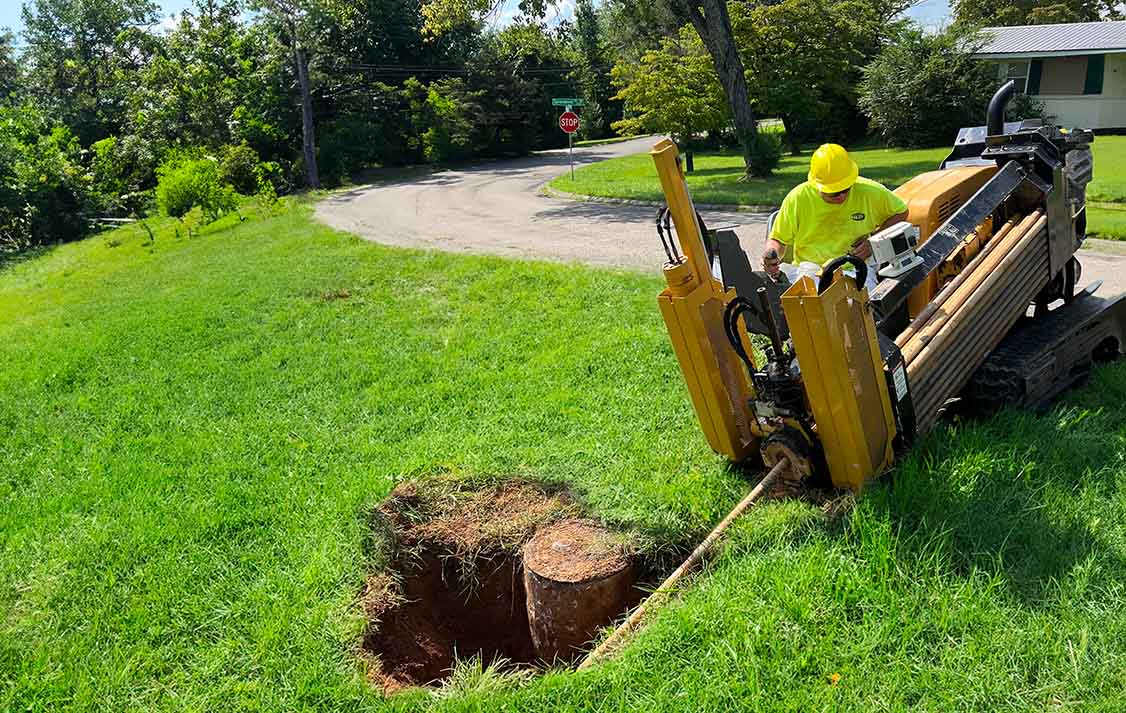

Burst Pipes
Your trusted partner for professional home services. Quality workmanship, guaranteed satisfaction.




- HEP
- Burst Pipes
Burst Pipes | Emergency Plumbing | Plumbing | Charleston
When a frozen night or an unexpected corrosion sends water gushing through your Charleston home, every minute counts. HEP’s seasoned technicians arrive fast—tools in hand, parts on-board, and a plan ready to stop the deluge before it spreads. We isolate the break, repair or replace damaged sections, and fully pressure-test the line, all while protecting floors, walls, and treasured belongings. From historic downtown cottages to new builds on Johns Island, our locally based crew understands the quirks of Lowcountry plumbing and the urgency of restoring your water—safely and affordably.
Available 24/7 for true emergency plumbing needs, we never charge extra for nights, weekends, or holidays. One call brings courteous experts who explain every step, provide transparent pricing, and leave the site cleaner than they found it. With HEP, a burst pipe turns from catastrophe to calm in a single visit, backed by warranties that keep worries at bay long after the water dries.
FAQs
What should I do immediately after discovering a burst pipe in my Charleston home?
First, shut off your home’s main water supply valve; most Charleston homes have it near the water meter or where the service line enters the house. Next, turn off electricity to any affected areas if water is near outlets or appliances. Open nearby faucets to relieve pressure in the line, then use towels or buckets to capture or divert leaking water to minimize damage. Finally, call our 24/7 emergency plumbing line so we can dispatch a licensed technician right away.
How quickly can your emergency plumbers arrive at my property in Charleston?
Because we keep on-call crews stationed throughout the greater Charleston area—including Mount Pleasant, West Ashley, North Charleston, and James Island—we can usually arrive within 45–60 minutes of your call, traffic and weather permitting. We’ll give you a real-time ETA and keep you updated en route.
Will my homeowner’s insurance cover the cost of repairing a burst pipe and water damage?
Most standard homeowner’s policies in South Carolina cover sudden, accidental water damage from a burst pipe, including necessary pipe repairs and water mitigation. However, they generally exclude damage caused by neglect, long-term leaks, or frozen pipes that were not properly protected. We can document the damage, provide itemized invoices, and work directly with your adjuster to streamline the claims process.
What signs indicate a pipe may burst or is already leaking?
Warning signs include unexplained spikes in your Charleston Water System bill, banging or whistling noises in walls, damp drywall or ceilings, mildew odors, and unexplained puddles or warm spots on floors. If you notice any of these, shut off the water and call us before the issue escalates into a full pipe rupture.
How do you repair burst pipes—do you always have to replace the entire section?
Not necessarily. After locating the break with electronic leak detection or thermal imaging, we’ll assess whether a sectional repair, pipe sleeve, or epoxy lining is sufficient. For copper or PEX lines with localized damage, we often cut out the ruptured portion and install a new segment using press-fit or crimp fittings. If the pipe is severely corroded or obsolete (e.g., galvanized steel), we may recommend repiping that run for a longer-term solution.
How can I prevent my pipes from freezing and bursting during Charleston’s cold snaps?
Insulate exposed pipes in unheated areas such as crawl spaces, attics, and exterior walls with foam sleeves or wrap. On nights when temperatures drop below 32°F—which happens a handful of times each winter—allow a slow drip from faucets, open cabinet doors to let warm air surround plumbing, and keep the thermostat set no lower than 55°F. If you leave town, shut off the main valve and drain interior lines. We also offer professional heat-tape installation and winterization services.